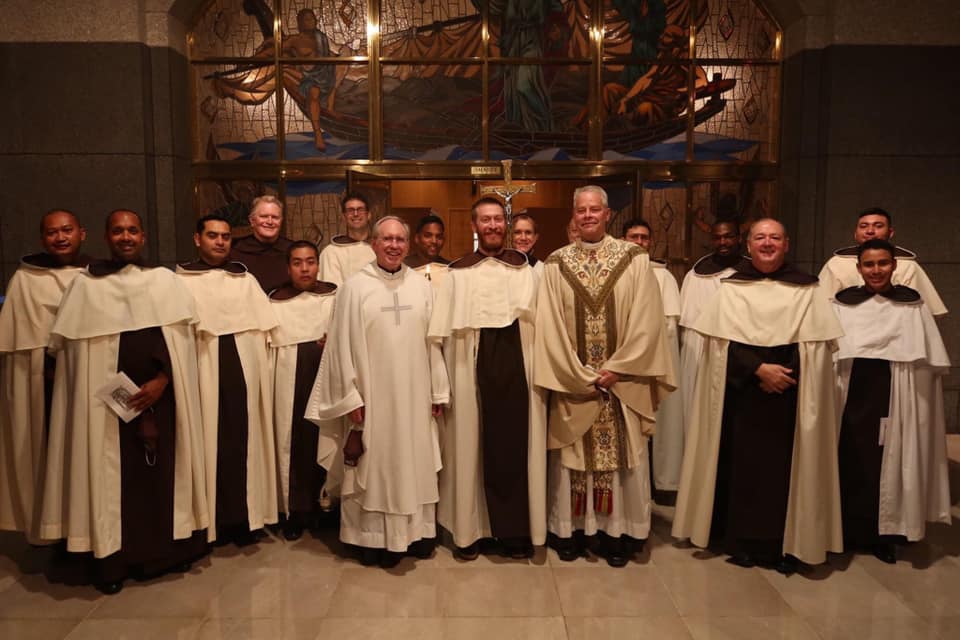The 800-year-old Carmelite tradition is composed of many facets and elements:
- -historical (e.g., eremitic roots, assimilation to the mendicants, the rise of Carmelite women and laity, various reform and renewal movements)
- intellectual (noted theologians and scholars, e.g., John Baconthorpe, Edith Stein, Roland Murphy, authors of the Salmanticenses and Complutenses, and eminent Mariologists, e.g, Eamon Carroll, Christopher O’Donnell.)
- spiritual (teachings of some of Christianity’s greatest saints and mystics, e.g., Teresa of Avila, John of the Cross, Thérèse of Lisieux)
- pastoral / prophetic (e.g., preachers, teachers, missionaries, and champions of social justice such as Titus Brandsma)
- cultural (e.g., artists and poets such as Fra Lippo Lippi, Baptist of Mantua, Jessica Powers)
- ecclesial (a expression of consecrated life that has produced outstanding church leaders, e.g., St. Peter-Thomas, Bishop Donal Lamont, Cardinal Anders Arborelius).
The mission of the Center for Carmelite Studies is to make the resources of this rich Carmelite heritage available to the contemporary church and world, by fostering scholarly study and research in the history, culture, and spirituality of the Carmelites, and promoting the effective pastoral application of the results.
Activities of the Center include:
- Developing graduate courses and programs on major figures, movements, and themes in the Carmelite tradition;
- Identifying additional lecturers and scholars who can collaborate in the delivery of these courses and programs;
- Offering scholarship support and dissertation guidance for doctoral students wishing to focus on a Carmelite topic;
- Organizing and/or co-sponsoring conferences, symposia, workshops, and lecture series related to the Carmelite tradition;
- Promoting scholarly publications and the development of bibliographical resources in the area of Carmelite Studies;
- Developing practical training and orientation programs for lay colleagues in Carmelite ministries and others who could benefit from deeper exposure to the Carmelite heritage;
- Collaborating with other scholars and scholarly organizations involved in Carmelite Studies, and sharing information about their activities and resources.

